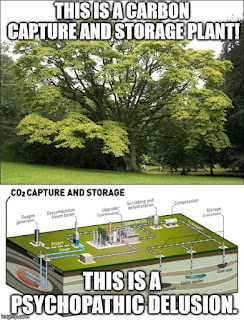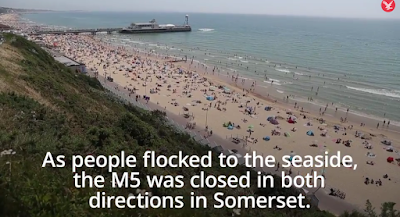Investors are taking global heating/climate change seriously.
"Moody’s Corporation has purchased a controlling stake in a firm
that measures the physical risks of climate change, the latest
indication that global warming can threaten the creditworthiness of
governments and companies around the world.
The
rating agency bought a majority share in Four Twenty Seven, a
California-based company that measures a range of hazards, including
extreme rainfall, hurricanes, heat stress and sea level rise, and tracks
their impact on 2,000 companies and 196 countries. In the United
States, the data covers 761 cities and more than 3,000 counties.
“We
are taking these risks very seriously,” said Myriam Durand, global head
of assessments at Moody’s Investors Service, who said the purchase
would allow its credit analysts to be more precise in their review of
climate related risks. “You can’t mitigate what you don’t understand.”
The
purchase is the latest in a series of moves by rating agencies to
better account for the effects of climate change on the ability of
governments to pay back the money they borrow by issuing bonds. Global
warming can threaten that ability in a variety of ways."
















